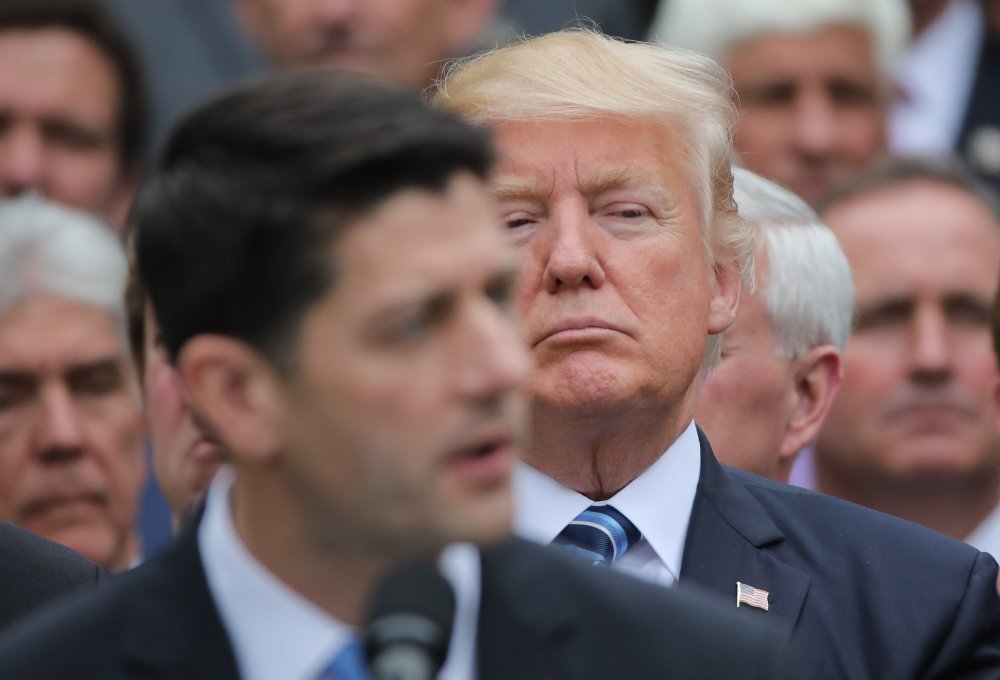When a president is scheduled to fly to a domestic event, it’s common to invite members of Congress from the area to travel on Air Force One. As the New York Times noted this week, Donald Trump has, in at least one instance, tried a different kind of approach.
When Mr. Trump addressed a Boy Scouts jamboree last month in West Virginia, White House aides told Senator Shelley Moore Capito, a Republican from the state whose support was in doubt, that she could only accompany him on Air Force One if she committed to voting for the health care bill. She declined the invitation, noting that she could not commit to voting for a measure she had not seen, according to a Republican briefed on the conversation.
If it were Barack Obama, it’s easy to imagine the president insisting on Capito joining the flight so he could make a pitch in support of the legislation, listen to the senator’s concerns, and work on a possible deal. Trump World sees things through a more transactional lens.
As it turns out, it didn’t much matter — Shelley Moore Capito ended up voting with her party on its health care plan anyway — but the anecdote was emblematic of Trump’s bizarre and deteriorating relationship with lawmakers in his own party.
Indeed, it’s been quite a summer. Team Trump has clashed, for a variety of reasons, with Sens. Lisa Murkowski (R-Alaska), Jeff Flake (R-Ariz.), John McCain (R-Ariz.), Lindsey Graham (R-S.C.), Bob Corker (R-Tenn.), and Thom Tillis (R-N.C.).
And those are just the rank-and-file members. Trump’s feud with Senate Majority Leader Mitch McConnell (R-Ky.) has turned ugly of late, and this morning on Twitter, the president complained about McConnell and House Speaker Paul Ryan (R-Wis.).
Common sense suggests congressional Republicans have an incentive to distance themselves from their party’s failing and flailing president. But in an odd twist, Trump seems eager to flip the model, distancing himself from them.












